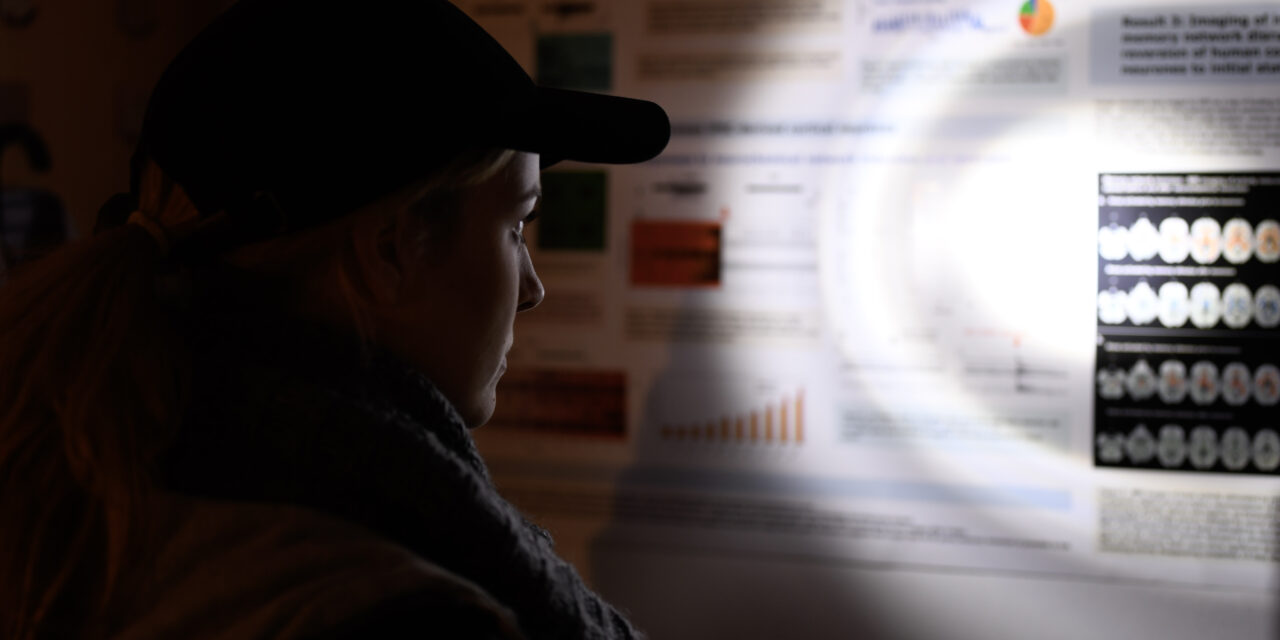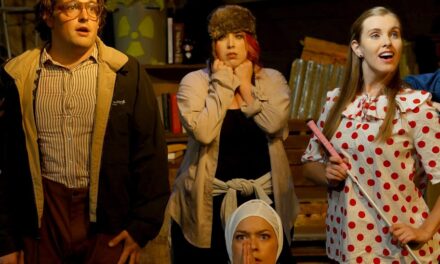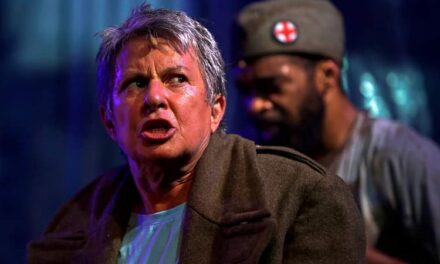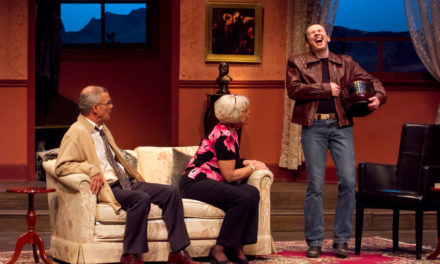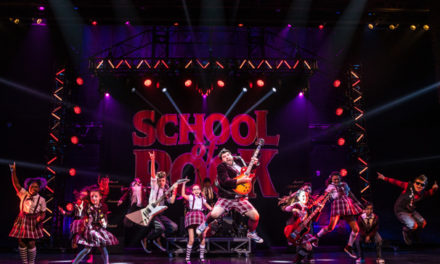Sarah needs your help. She has been stripped away from her most valuable and fundamental possession: her identity. And, somehow, somewhere, you are involved in her story. With this almost cinematic premise, the new theatre company Any One Thing presents their first work: Recollection. Framed as a “highly personalized immersive experience […] in a secret location,” Recollection takes up to six participants in a thrilling journey about the importance of memories and personal data. Going beyond the sensational premise, the budding Any One Thing ambitiously explores the ideas of “personalized” and “immersive” theatre in depth, taking the genre to the boundaries of what is real.
Utter the words “immersive” and “secret location,” and we immediately summon images of large, richly designed worlds inside of old warehouse or industrial spaces. The work of companies such as Punchdrunk, CoLab, Third Rail Projects, and Secret Cinema have influenced the aesthetics of immersive theatre. We associate the genre with these complex, evocative designs within the walls of a building. But it is worth noting that a building involves a threshold separating the outside from the experience. In his way, immersive theatre has traditionally set up a physical limit between the “real world” and the “play world.” Recollection breaks this physical boundary.
The experience mostly takes place on streets, parks, public spaces, and offices of the un-designed real world. Any One Thing is not the first to take the dramatic action outside of the theatre (or warehouse). Other companies—most notoriously Blast Theory—have created plays that developed on the streets of London; however, Recollection exquisitely merges the real and the fictional unmediated to serve the premise from the first moments of the experience. The play starts with a text message to go to a little park. You arrive, your mind in “show mode,” looking for relevant story pieces. Anything could be part of the experience. A dog is playing catch. A couple is taking a stroll. A guard approaches to check on you. Someone hidden whispers. The real bleeds into the play world, giving a density of detail that would be hard to replicate otherwise. After all, what is more immersive and participatory than the real world?
Having the dramatic action develop in an uncontrolled setting renders the story alive and unpredictable. In the production that I experienced, we were leaving a car park just as a car had left, and the metallic door was slowly coming down. It was just like in an action movie. An audience member sprinted to sneak under the closing door, following what could be called an instinct—a dramaturgical instinct to be part of an extraordinary moment. This thrilling instance was completely unplanned, triggered by the real world. Each moment influenced by the real context was unimitable, making each performance of Recollection truly unique.
The influence of the real world in the play is not a happy accident of which Recollection takes advantage, though. Any One Thing has curated the right atmosphere for this amalgamation to be possible. First of all, the actors showcase an exceptional ability to respond to the events. From the moment we meet Sarah, her nervousness and paranoia tune the audience to the surroundings. Any sound could be someone sneaking on us. Any car could be following us. Furthermore, our role as participants is cunningly framed to ease in our involvement in the play. The initial setting carries a certain verisimilitude: our memories have been erased so maybe all of what is presented is true and we just cannot remember it. While it is not completely believable, it is tempting enough to help us suspend our disbelief a notch further and engage in the play. And such engagement is encouraged at each step by the flexible performance of the actors. As a participant, I felt a sense of agency I seldom feel in participatory theatre, where rules tend to be either strict or too unclear to subvert our tendency to be passive watchers. On the night, my fellow participants suggested ways of action that I thought Sarah would refuse because they could derail the action; however, she went with the punches. We had the agency to influence, resist and undermine the characters. There was a sense of real consequences for audience participation.
Last, but not least, of the realness sources is the use of the audience’s personal data. A luring gimmick for the experience, but also at the core of the play’s message, at a certain point, the audience encounters a dossier with images and names from their real lives. Your real life appears in the universe of the play. This moment enhances merging of the real and the fictional, speaks to the premise of the experience, and seems personal. Yes, the play feels personalized because Any One Thing prepares that dossier for you and only for you. But on top of that, because all throughout the experience you are empowered to feel yourself, to react as yourself. And the Recollection responds to you.
Recollection is not perfect. The story is convoluted and sometimes confusing, causing the participants to lose grip of some of the more important bits. There is a tendency for the characters to monologue, trying to explain things the audience hasn’t even had time to question yet, which is a shame considering how flexible the actors were towards audience participation. But there is real gold in the way Any One Thing approaches the relationship between the real world and the play. It permeates the design, the acting, and the premise. It delivers a remarkable experience. The real inundates the play world, blurring the implications from the fictional to the real. You can lose control of your data in the same way Sarah lost her identity. In a way, as the play demonstrates, you have already done so.
This post was written by the author in their personal capacity.The opinions expressed in this article are the author’s own and do not reflect the view of The Theatre Times, their staff or collaborators.
This post was written by Aida Rocci Ruiz.
The views expressed here belong to the author and do not necessarily reflect our views and opinions.

